- Your cart is empty
- Continue Shopping
Duvanta 60 Tablet is a prescription medicine used to treat depression, anxiety disorder, diabetic nerve pain, fibromyalgia, neuropathic pain, and stress urinary incontinence. It helps restore the natural balance of certain brain chemicals that improve mood, reduce anxiety, and relieve nerve-related pain. This medicine provides both emotional and physical relief, helping patients lead a more balanced life.
Benefits:
-
Helps relieve depression and anxiety: Improves mood, reduces nervous tension, and promotes emotional stability.
-
Reduces nerve pain: Effective in managing diabetic neuropathy and other nerve-related pain conditions.
-
Treats fibromyalgia: Reduces widespread body pain and tenderness associated with fibromyalgia.
-
Improves bladder control: Strengthens nerve activity that controls urination in stress urinary incontinence.
-
Enhances sleep quality: Helps regulate disturbed sleep caused by chronic pain or mental stress.
Possible Side Effects:
Some common side effects include nausea, headache, dizziness, dry mouth, blurred vision, sleepiness, decreased libido, and abnormal dreams. These effects are usually mild and temporary. Consult your doctor if they persist or become bothersome.
How to Use:
-
Take the tablet in the dose and duration prescribed by your doctor.
-
Swallow it whole with a glass of water. Do not chew, crush, or break it.
-
It may be taken with or without food, preferably at the same time each day.
-
Continue taking it regularly and do not stop suddenly without medical advice.
How It Works:
Duvanta 60 Tablet works by increasing the levels of serotonin and noradrenaline in the brain. These natural substances help maintain emotional balance and reduce the sensation of pain by blocking pain signals in the brain. This dual action makes it beneficial for both mental health and nerve-related pain disorders.
What to Avoid:
-
Avoid alcohol, as it can increase the risk of drowsiness and side effects.
-
Do not stop taking the medicine abruptly; it may cause withdrawal symptoms.
-
Avoid driving or operating heavy machinery until you know how the medicine affects you.
-
Refrain from using it if you have severe liver problems without consulting your doctor.
Safety Advice and Precautions:
-
Alcohol: Unsafe; may increase drowsiness and dizziness.
-
Pregnancy: Use only if prescribed by your doctor; may pose risk to the developing baby.
-
Breastfeeding: Not recommended; medicine may pass into breast milk.
-
Driving: Avoid driving as it may cause dizziness or blurred vision.
-
Kidney: Use cautiously in patients with kidney disease; dose adjustment may be needed.
-
Liver: Should be avoided in patients with liver disease; consult your doctor for alternatives.
Missed Dose:
If you miss a dose, take it as soon as you remember. If it’s almost time for the next dose, skip the missed one and continue with your usual schedule. Do not double the dose.




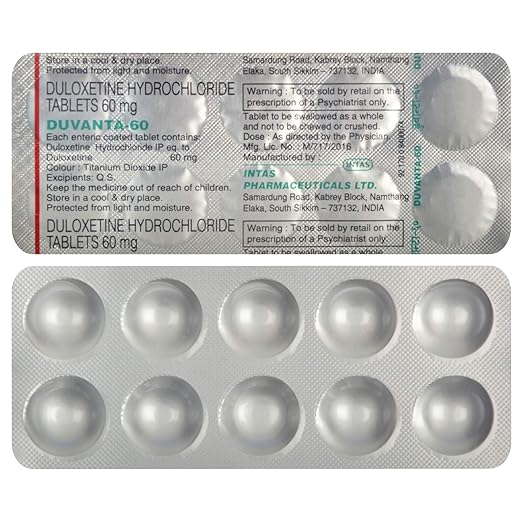


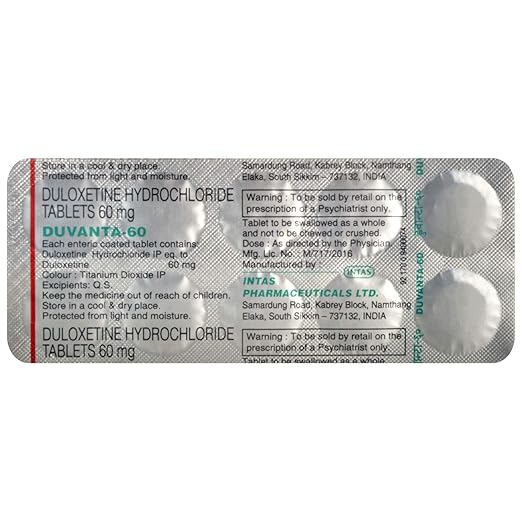
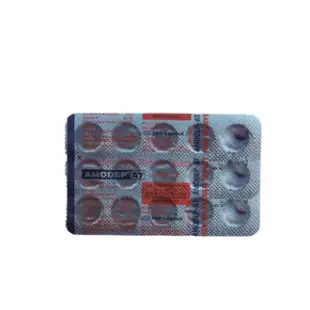




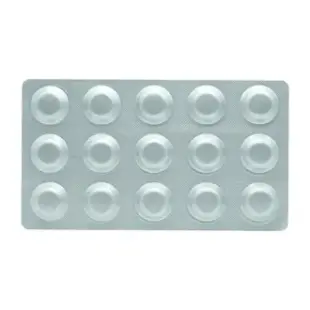
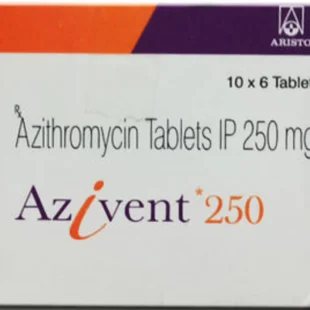
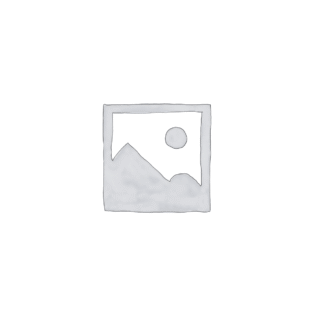
Reviews
There are no reviews yet.